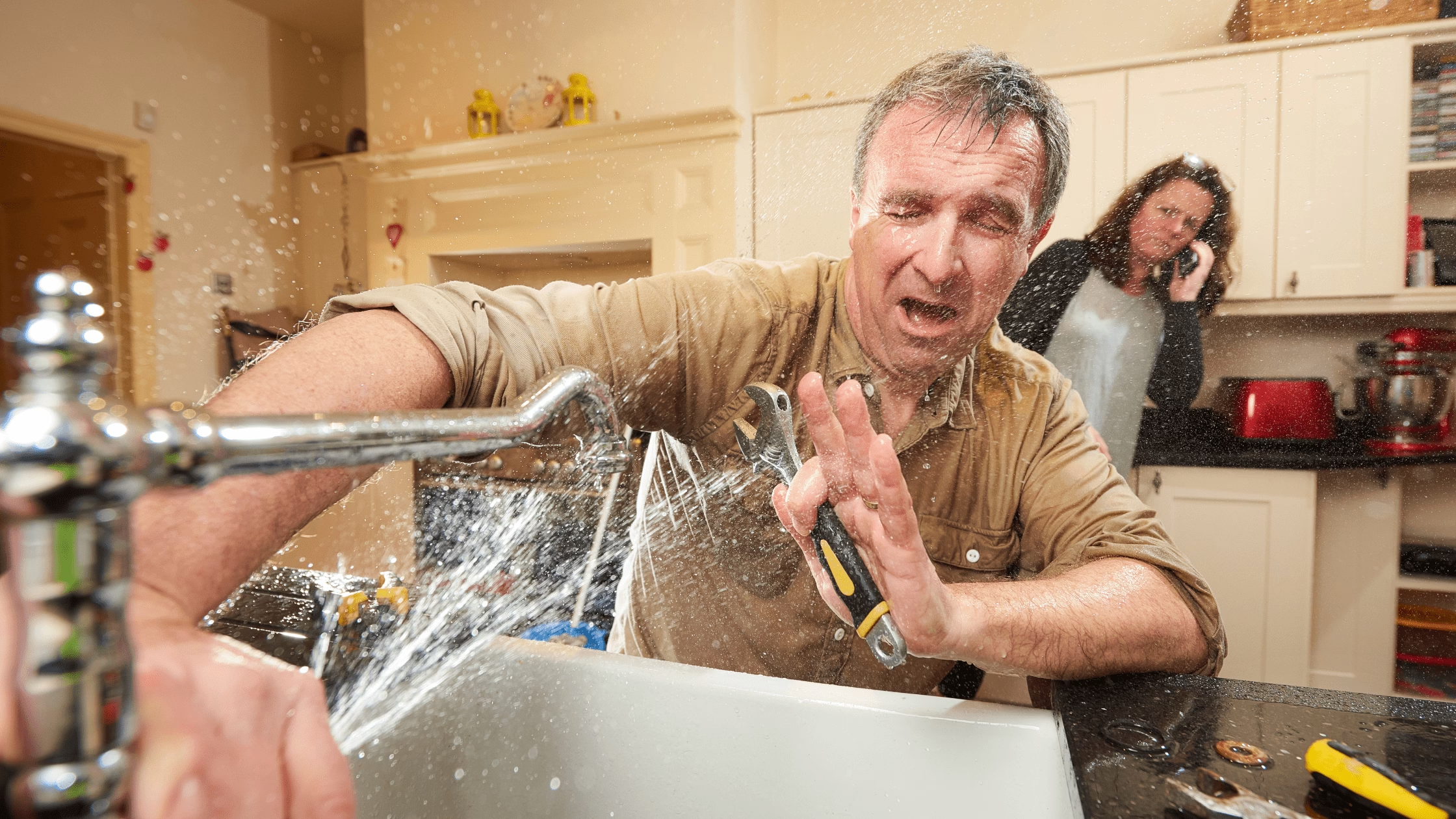Common Plumbing Issues That Don’t Get Addressed

Whether it’s a dripping tap or a leaky pipe, plumbing issues can be quite disruptive. They can also lead to costly property damage if not addressed promptly.
Having some basic knowledge of household troubleshooting tactics can help you tackle common plumbing problems yourself or know when to call in the pros. Let’s explore some of the most common plumbing problems that don’t get addressed:
1. Clogged Toilets
Clogged toilets are one of the most common plumbing problems homeowners face. The most common causes of a clogged toilet are human waste and non-flushable items, such as wipes, cotton balls, and Q-tips. These items can make their way into the drain pipes through the toilet’s overflow tube, causing a clog.
A clogged toilet will typically create a gurgling noise when flushed and may stop water flow completely. Oftentimes, a clogged toilet will result in a sewer backup, which can affect your entire home.
Keeping an eye on your toilets and reminding family members to only use toilet paper and human waste in them will help prevent these issues. You can also invest in a plunger or other tools that can break up clogs. If you notice a clog in your toilet that doesn’t respond to these solutions, call a plumber. Clogged toilets can also be caused by a blocked vent on the roof or sewer line breaks.
2. Clogged Drains
Clogged drains can start out as a minor nuisance and then turn into a major headache, causing everything from slow drainage to smelly odors. If left untreated, clogged pipes can lead to contaminated water and costly damages.
Most drain clogs result from foreign objects that get into your pipes. Items like toys, jewelry, cotton swabs, and dental floss can obstruct drains and cause blockages. Grease, hair, and soap residue can also build up and clog drains.
Other culprits include invasive tree roots and misguided trash. It’s always a good idea to be mindful of what goes down your drains, and avoid putting anything down them that isn’t meant for there. If you notice that one of your drains is working more slowly than usual, or if you’re experiencing foul odors from your bathroom, it’s time to call a plumber for help. A professional can handle even the most stubborn clogs. They can also help prevent future clogs by conducting regular drain maintenance.
3. Leaky Pipes
A leaky pipe can cause a lot of damage to your home or building. It can also be a huge waste of water and money. Whether they’re in the walls or ceiling, leaks waste tons of water and can lead to mold, mildew, bad water quality and more. Most of the time, a leaky pipe goes unnoticed because it’s hidden behind walls or under floors.
However, a sudden and unexplained increase in your water bill is a sure sign that there’s a leak somewhere in your home.
You can prevent leaking pipes by making sure that you don’t put any gunk into your drains and toilets (except for toilet paper). Don’t throw grease, oil, hair, food scraps or any other type of solid waste down your drains. Use strainers on your sinks and use proper disposal practices when it comes to things like paper towels, hygiene products and pet waste. In addition, having regular professional plumbing maintenance done can also help keep clogs and leaks at bay.
4. Sewer Backups
A sewage backup is a plumbing disaster that can leave your home and belongings susceptible to thousands of dollars worth of damage. Raw sewage contains bacteria, viruses, and germs that can make people sick if they touch it or inhale it.
Fortunately, you can prevent sewage backups by keeping water use low and disposing of grease and other materials in the trash instead of drains. You can also trim trees near your sewer lines and keep an eye out for cracks in the line.
If you suspect a sewage backup, it’s important to call a plumber right away. They’ll be able to assess the situation and recommend any necessary repairs. It’s also a good idea to turn off the power in any areas of your home that may be affected by water or sewage. This will help protect your appliances and electronics from further damage. You should also wear protective clothing like face masks, eyewear, and rubber boots when cleaning or entering the contaminated area. For help with plumbing issues or more information, sites like https://www.fixitrightplumbing.com.au/plumber-melbourne/ have a lot of resources to help.

